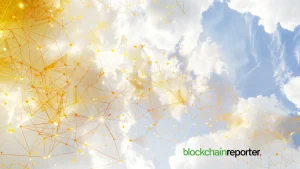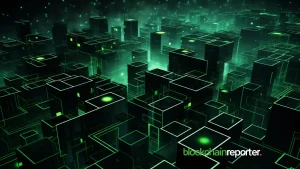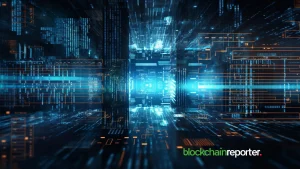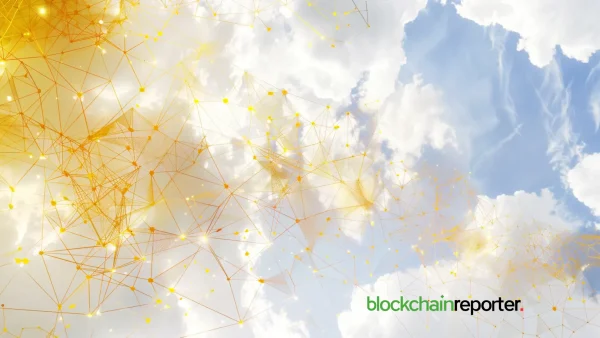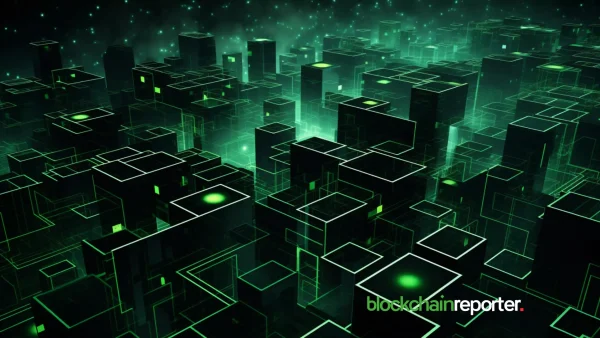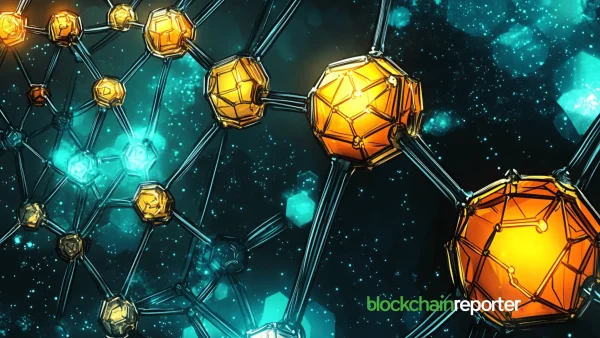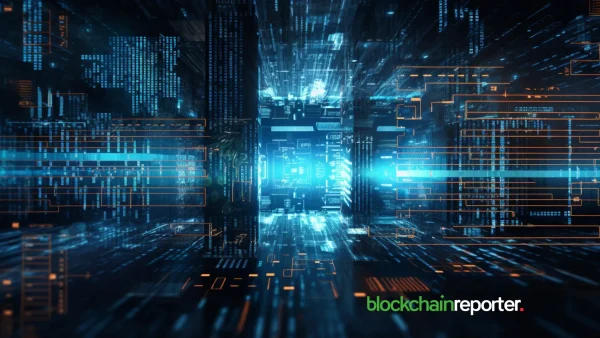
On the highly scalable, low-fee Polygon (MATIC) network, ShareRing launched their NFT Space for beta testing in the beginning of June.
A recent blog post claims that the release of the NFT Space is a major accomplishment for ShareRing as well as a logical next step in the company’s evolution. NFT Space is a representation of ShareRing’s intention to establish a cyclical environment that is advantageous for users and features essential blockchain-based technologies, with the goals of improving user experience and producing value.
ShareRing has introduced a digital identity ecosystem that is built on blockchain technology. This ecosystem’s tokens are now accessible on various blockchains, especially ShareLedger, whom the company’s development team is working hard to create. ShareRing has introduced the ShareRing ID, a crypt that enables users to rapidly register and safeguard their precious papers and identifying documents. This vault was made possible by project’s suite of layer-2 protocols.
On Polygon, the ShareRing application provides access to the NFT Space for the purposes of testing. Their decision to settle on Polygon was deliberate in light of the high gas prices on Ethereum, which is the blockchain with the most popular DeFi and NFT transactions. The smart contracting system is presently experiencing scale challenges, which can be frustrating for users. In spite of the current down market, gas fees in Ethereum still remained quite expensive. This has discouraged would-be NFT enthusiasts from taking part in the platform and minting assets.
ShareRing has indicated that users will mint their assets and deposit them on the project’s Vault, which is scheduled to go live in March 2022 after an upgrade to the ShareLedger platform. It is a secure repository that users may utilize on the blockchain to issue files, store files, validate files, and transfer files with other users. Users of the network would be able to generate NFTs from JPEGs, MP4s, and MP3s stored on the ShareRing app if Polygon were implemented.

Notwithstanding this, users would also be at liberty to transmit individual NFTs to other Polygon addresses. At the same time, users would be able to create Polygon addresses using the ShareRing program, which would allow them to transmit and get MATIC, the own token of Polygon. During this time period. This adaptability would be an intriguing feature, and it is probable that it would entice a greater number of people to try out the NFT Space.
Users of ShareRing will have the chance to gain a first-hand understanding of the full potential of NFTs by participating in the ShareRing NFT Space. NFTs are one-of-a-kind tokens that cannot be freely traded in the same way that fungible tokens may. It has a very wide range of applications, particularly in data provenance. Holders will be able to see a record of all of the customers who have dealt with the NFT data in this way. This benefit contributes significantly to the process of enhancing privacy and auditing it.
Users who are interested in trying out ShareRing’s NFT Space are encouraged to join up for the 2nd round of beta offers. Signing up is completely free. In addition to Polygon, the technology is scheduled to be released on a number of other blockchains. The introduction of NFT Space comes before the scheduled launch of ShareRing Events, which is a solution that will be driven by NFTs.
Just a friendly reminder that the NFTs will be mined on Polygon when the beta version is released, and as a result, the gas expenses will demand $MATIC. You will be given five gas-free mints if you volunteer to be a beta tester. You won’t have to do anything, but your ShareRing ID will be used to establish a Polygon wallet automatically, and you’ll be able to transfer and receive $MATIC from the ShareRing app itself. You may get an idea of what NFT Space is like by looking at the “How to guide” on the website.

